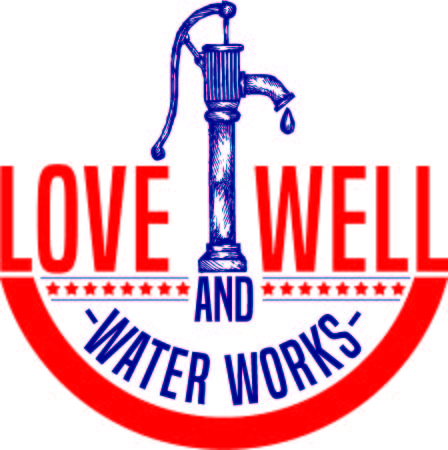Hurricanes and strong rainfall can result in power outages and floods. It is essential to understand how water-related crises might affect your water supply, how you can plan for interruptions in service, and how you will be alerted.
How to Safeguard Your Water Source
Before a storm makes landfall, state drinking water standards require a Boil Water Advisory for the impacted geographic regions. A hurricane or other natural calamity may disrupt our water and sewage infrastructure, rendering the water undrinkable. After a storm, power outages can also hamper public notice techniques. For these reasons, a hurricane alert is issued before to landfall.
After the storm has passed, you should listen to the radio for additional instructions. Immediately following the storm, we will deploy staff to begin evaluating the damage and making repairs. If sampling reveals that the water has been polluted by bacteria, a Boil Water Notice will be issued. If testing indicate that the water is safe to drink, we will remove the warning.
Prior to a Hurricane
- Have a minimum three-day water supply.
- As a general guideline, one gallon per person per day is sufficient. Don’t forget pets!
- Fill the bathtubs with water for bathing and dishwashing.
- Understand how to filter water.
- Turn off the emergency water shut-off valve before evacuating your home to avoid damage if a pipe bursts inside.
- If you turn off the emergency shut-off valve, you must also turn off and unplug the hot water heater. Some water heaters may be damaged if the water supply is cut off for an extended length of time, thus it is important to consult the manufacturer’s guidelines.
After a Hurricane
- Until further notice, you should assume that your water source is unfit for consumption.
- Boil water for at least five minutes. If there is no electricity and you are unable to boil water, add eight drops of unscented chlorine bleach per gallon of water and allow it to settle for at least ten minutes before consuming.
- It is safe to bathe in tap water that is subject to a boil water alert. If you incurred a cut during shaving, apply an antibiotic lotion.
- Widespread power outages may hinder our capacity to pump sewage, therefore you may be requested to reduce toilet flushing and other activities that contribute to sewer flows. The water pressure will decrease.
- Avoid stacking rubbish close to water meters, fire hydrants, and valves. This might result in water leaks during debris clearance due to potential damage.
Contact us to learn more about preparing for a hurricane!
